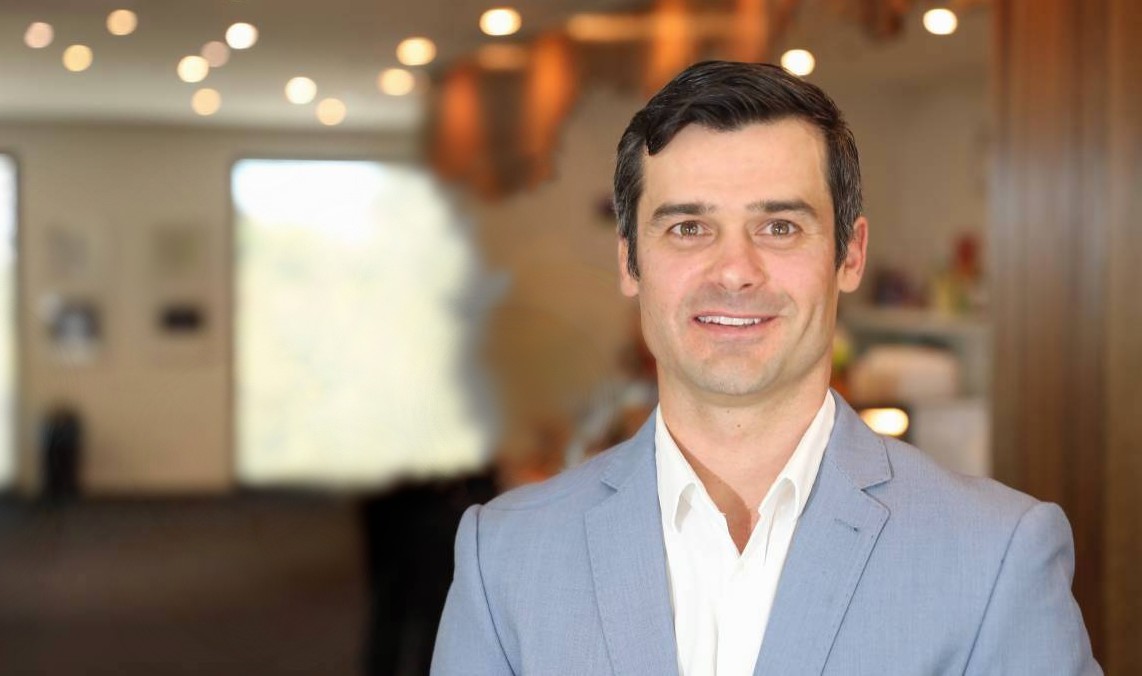Researcher Highlights
Growing excellence in health services by supporting Learning Health Care Systems
Dr Chris Williams
Associate Professor Chris Williams is a National Health and Medical Research Council Research Fellow working with Hunter New England and Mid North Coast Local Health Districts to facilitate Learning Health Systems.

Very easily, though, the former Singleton High School student could have been Chris Williams, builder. In one of life's "sliding doors" moments he relinquished a carpentry apprenticeship, and gained entry to university, while serendipitously obtaining a sports scholarship to Sydney University. There, he initially completed a Bachelor of Exercise and Sport Science.
With a keen interest in sports injury Chris progressed to a Master of Physiotherapy and undertook postgraduate training in biostatistics. He gained his PhD in 2013 at The George Institute for Global Health and returned to the Hunter with a young family.
Construction's loss is definitely medicine's gain, for the 42-year-old has instead built a pre-eminent reputation in health services research with a particular focus on the prevention of long-term musculoskeletal conditions and chronic disease.
His curiosity for research was piqued by his clinical training in physiotherapy: "I moved into the public health sphere after realising the enormity of musculoskeletal problems – around 90 per cent of the population will experience back pain during their life.
For his doctoral thesis Chris completed a major randomised trial investigating the effects of paracetamol on alleviating acute low back pain. His results, published in The Lancet, surprised not only Chris but the medical world as a whole.
"Previously clinical practice guidelines for treating low back pain recommend paracetamol as the first line medication but there was very little evidence for this," Chris said. "Our research showed that patient recovery time, pain severity and disability were no different between those who took paracetamol and those who took a placebo.” The study has led to worldwide changes in what medicines are recommended for acute back pain.
More recently Chris and his team’s research has shown that other lifestyle related factors and the poor advice people receive are contributors to a person’s pain persisting. "The upsetting reality is that most people don't get accurate advice about how lifestyle influences pain and disability. We need to help people suffering from pain to understand the broader contributors to their pain. It is never one thing and there is no single treatment that will fix it.”
A broader agenda for a big problem
“Chronic pain and its link to other chronic disease is a huge problem internationally, but it’s a problem that is skewed to those with poorer health care access. There is a huge lack of advanced health care options available to people in the bush”. Acknowledging this, Chris has gone back to his roots in the bush in a bold effort to support regional health services to turn around the health disadvantage many rural populations face.
His mission is to support Learning Health Systems. “Learning Health Systems, are those that are continually chasing improvement in how we care for and support patients”. Embedded high quality research in these systems is the core of their learning.
The problem for many regional and rural services is a lot of research activity is focussed in metro areas just, and that research doesn’t always translate to rural areas. “Our team has shifted their focus to support regional centres and rural communities to learn about what works for them to manage health and wellness”. “To do this we support local services to lead the innovation and research on issues that they see on the ground.” The information learnt from conducting this work, feeds directly back into the development of better services for the community. “The process is also supporting the development of research expertise in rural areas”.
The University of Newcastle acknowledges the traditional custodians of the lands within our footprint areas: Awabakal, Darkinjung, Biripai, Worimi, Wonnarua, and Eora Nations. We also pay respect to the wisdom of our Elders past and present.